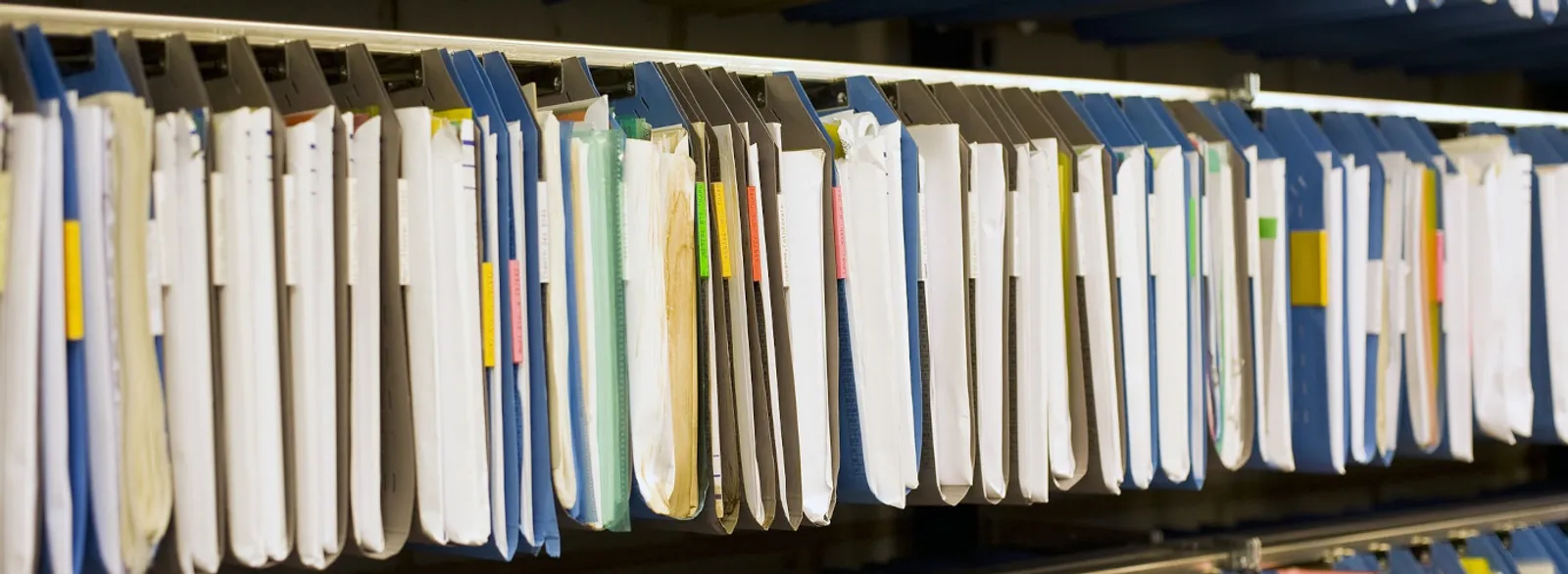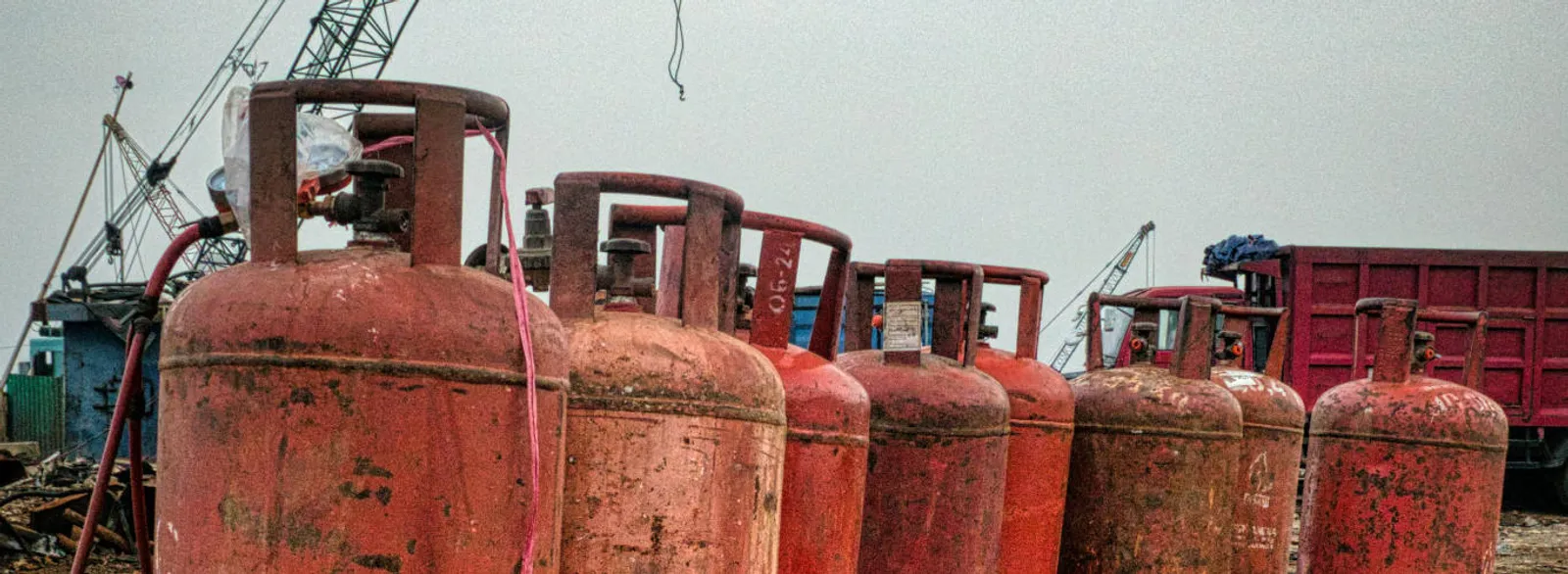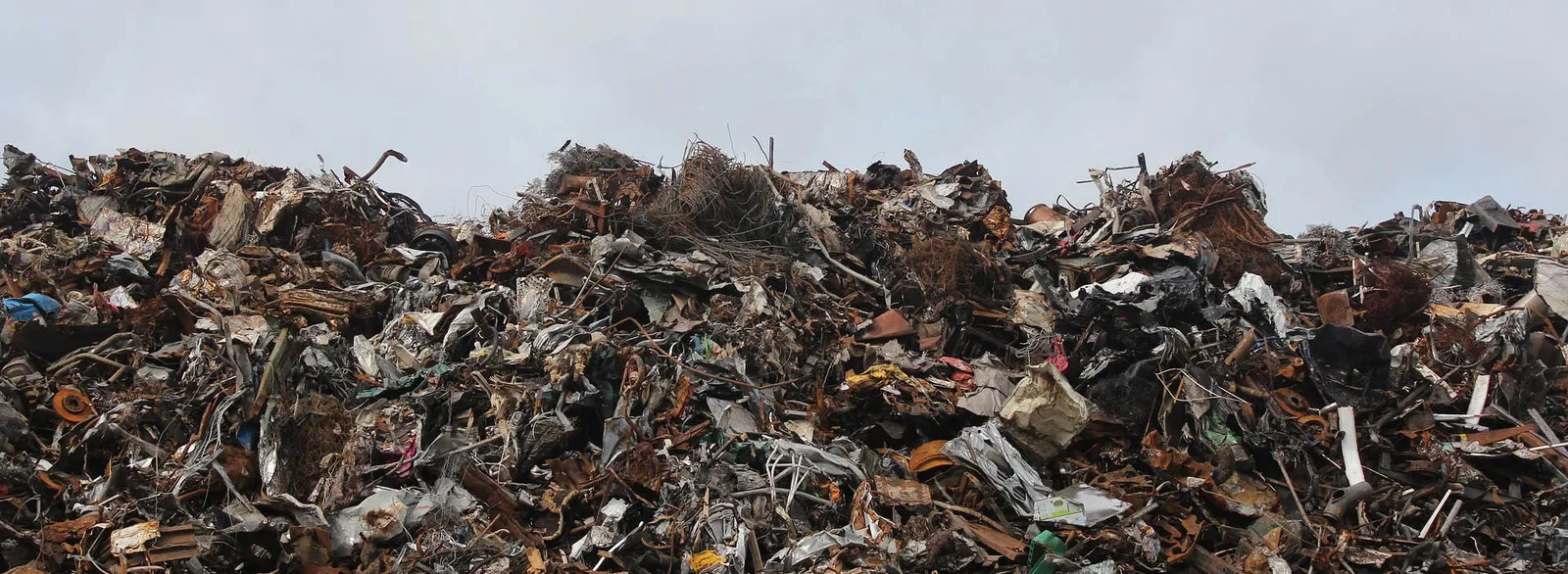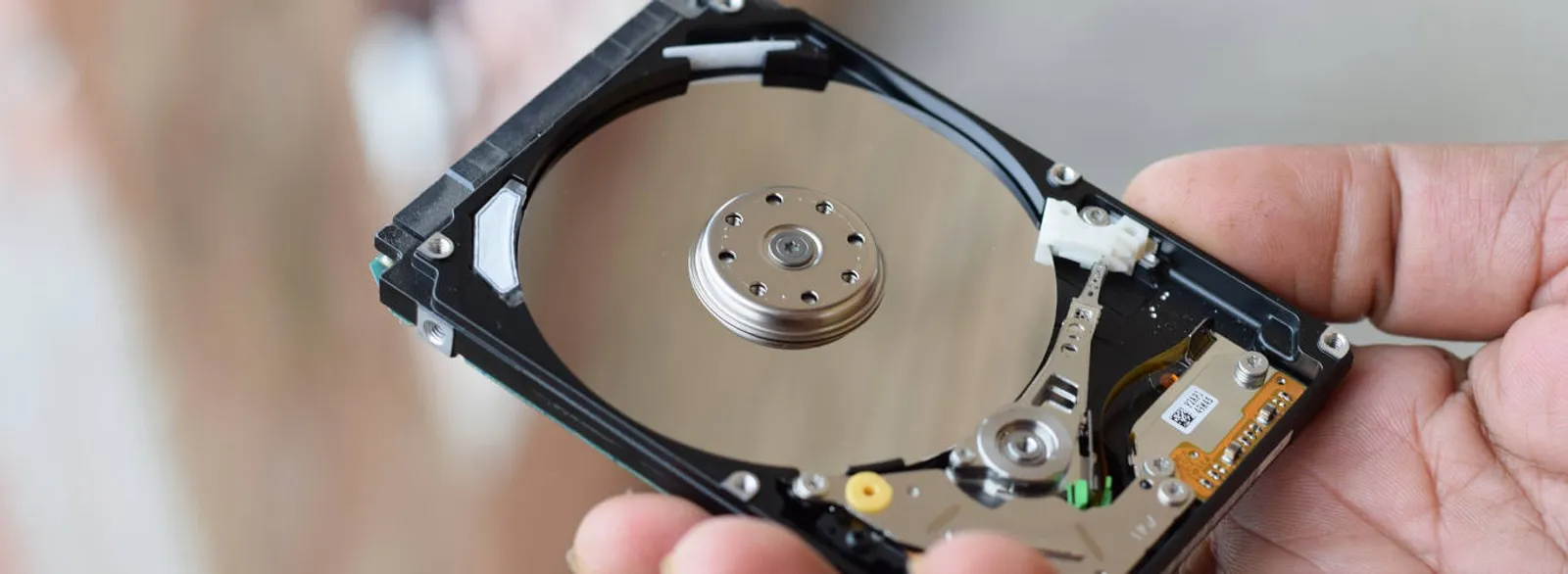If you are interested in ecology and recycling - sign up for our newsletter
The recykling process
Understanding the process of recycling and disposal of these materials is crucial to responsibly utilize available services and promote sustainable practices. The disposal of batteries, which are among the most problematic components of electronic waste, requires a special approach due to the presence of toxic substances such as cadmium, lead, mercury, and lithium. These heavy metals can be harmful to the environment and human health if not properly disposed of. Professional recycling companies use advanced technologies to safely recover these metals and neutralize harmful components.
The disposal process starts with the proper collection and segregation of waste. Collection points for used batteries or other electronic components are often electronic stores, government offices, or dedicated recycling centers. Thanks to the increasing number of locations offering such services, responsible disposal is becoming simpler and more accessible.
After collection, the waste is sent to recycling facilities, where it is carefully sorted. This is a key stage that determines the efficiency of the entire process. Professional companies use modern technologies, such as magnetic and screening separators, which help separate valuable materials for further use. For example, metals recovered from batteries can be reused in the production of new batteries or other products.
The next stage is proper disposal, which includes processes like thermal treatment of waste, where high temperatures are used to destroy harmful chemicals. An alternative method is chemical purification of metals, allowing them to be reused in a way that is safe for the environment. Companies specializing in electronics disposal also use modern energy recovery methods, which contribute to increased energy efficiency and reduced CO2 emissions.
However, the responsibility for disposal does not rest solely with recycling companies. Each of us has an impact on the efficiency of this process. It is important for us as consumers to be aware of where and how we can dispose of our used equipment. Ensuring that devices reach the appropriate collection points is the first step toward effective recycling.
Recycled materials
Proper processing of e-waste is a key element in protecting our environment. Used batteries and electronic components, such as accumulators, integrated circuits, and printed circuit boards, contain many valuable materials that can be reused. These include metals like copper, aluminum, zinc, and nickel, as well as valuable elements such as silver, lithium, and cobalt. For example, lithium and cobalt can be recovered from batteries and reused in the production of new batteries. Copper and aluminum recovered from printed circuit boards can be used in the production of electrical wires and industrial components.
Recycling these materials is of great importance to our planet. It reduces the demand for raw materials extracted from the earth, which directly contributes to the protection of valuable ecosystems and reduces environmental degradation. The extraction of metals and elements often has a significant environmental impact—it requires large amounts of energy, leads to greenhouse gas emissions, and results in the destruction of natural habitats.
How Repair Centers Can Advance Environmental Protection through Collaboration with Professional Recyclers
As society becomes increasingly conscious of environmental challenges, repair centers are uniquely positioned to contribute to sustainability efforts. By partnering with professional recyclers such as Geomar Recycling, repair centers can play a critical role in minimizing electronic waste and preserving natural resources.
When electronic devices reach the end of their useful life or are beyond repair, repair centers can ensure these items are handled in an environmentally responsible manner. By collaborating with a specialized recycling company like Geomar, repair centers can facilitate the proper processing of electronic waste, thereby mitigating the negative environmental impacts associated with improper disposal. With over two decades of expertise, Geomar Recycling excels in recovering valuable materials from electronic components while safely disposing of hazardous industrial and post-production waste. By leveraging Geomar's expertise, repair centers can safely dismantle obsolete electronics, recover reusable materials, and prevent the release of toxic substances into the environment.
Collaboration with professional recycling companies enables repair centers to extend their sustainability efforts beyond the repair process itself. Repairing devices to extend their lifespan reduces the demand for new resources, while the recycling of unusable parts ensures that valuable materials are not wasted. This approach contributes to a circular economy in which resources are continually reused, significantly reducing the environmental burden of electronic waste.
Geomar Recycling offers comprehensive services that support repair centers in managing the full lifecycle of electronic products in an environmentally sustainable manner. By partnering with recyclers like Geomar, repair centers can actively promote sustainability and resource conservation, positioning themselves as vital contributors to the development of a greener, more sustainable future.





